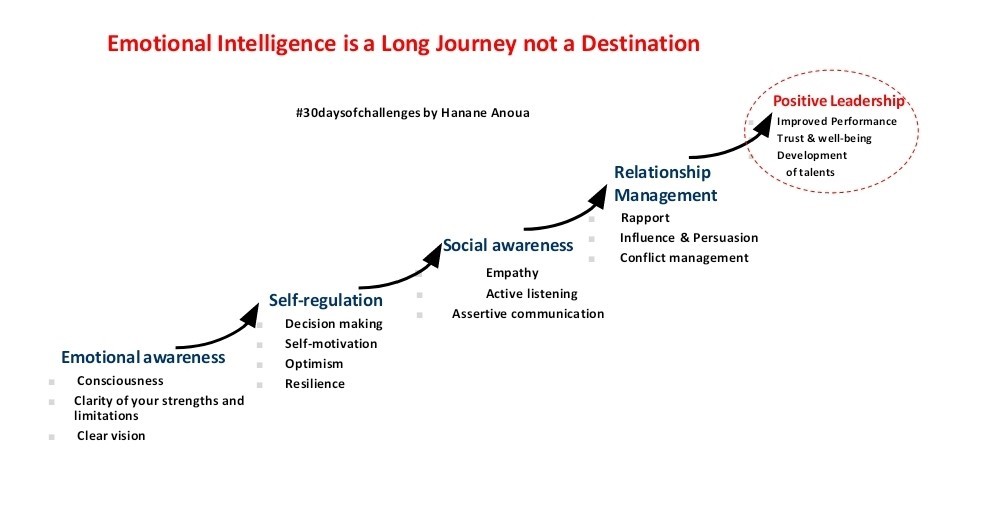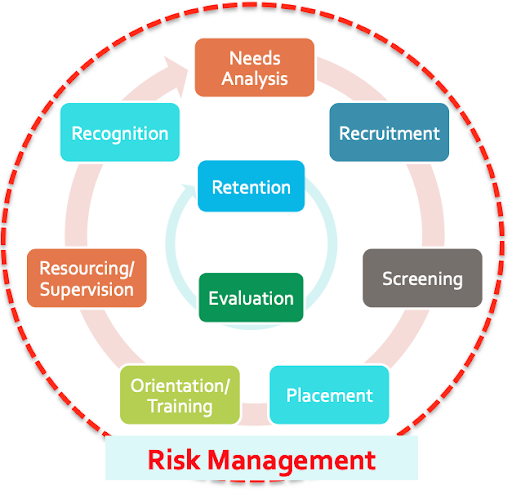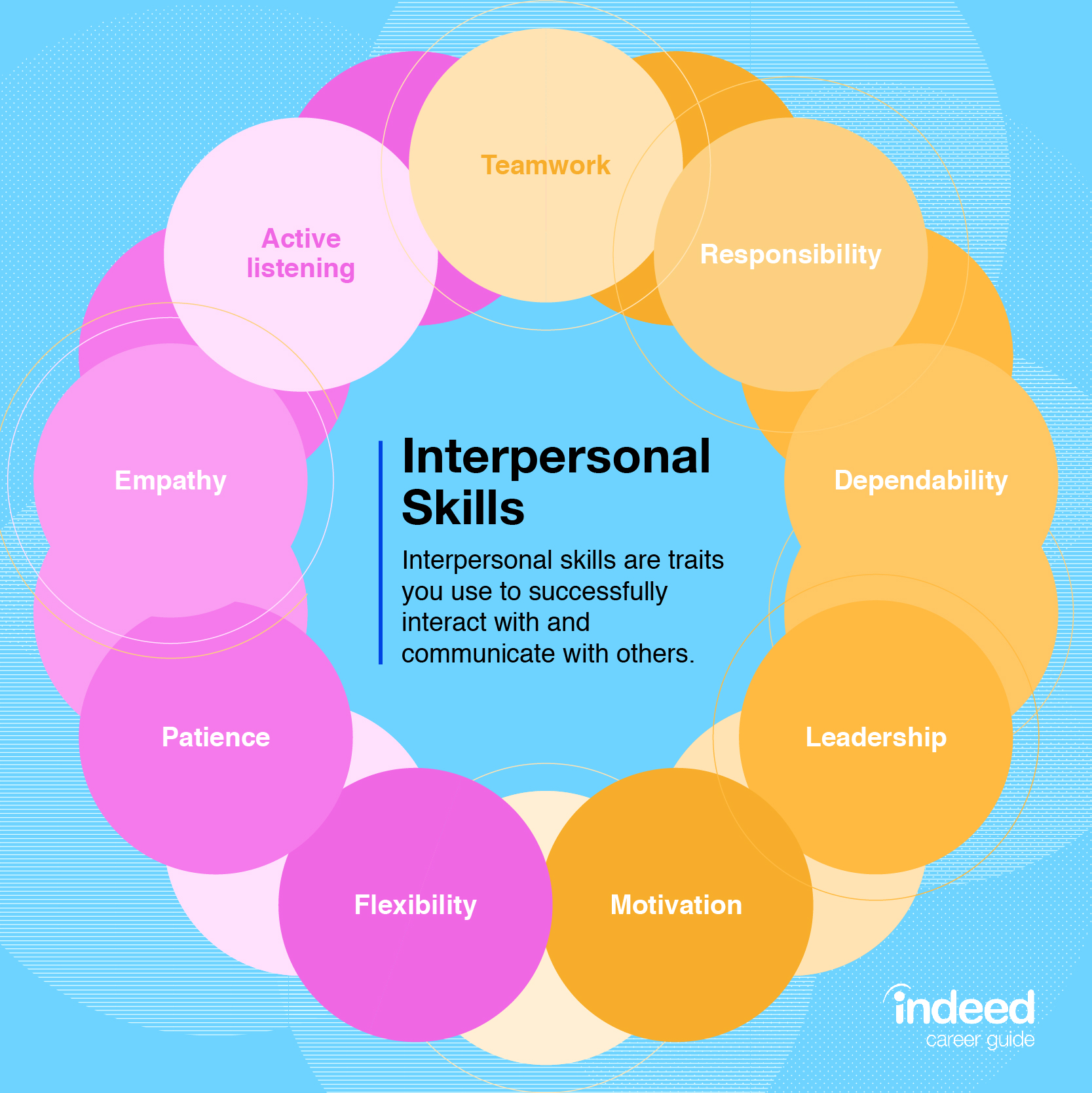Title: Exploring the Philosophical and Ethical Foundations of Personal Development: A Path to Self-Transformation
Introduction:
In our quest for personal growth and self-improvement, it can be beneficial to delve deeper into the philosophical and ethical dimensions that underpin our journey. By examining the fundamental principles that guide personal development, we can gain a clearer understanding of ourselves and our aspirations. This blog post explores the philosophical and ethical foundations of personal development, shedding light on the values, theories, and practices that shape our path to self-transformation.
Section 1: The Ethics of Personal Development
1.1 The Pursuit of Virtue: Aristotle’s Virtue Ethics
– Explaining Aristotle’s concept of virtue ethics and its relevance to personal development.
– Discussing key virtues (e.g., courage, wisdom, justice) and how they contribute to self-growth.
1.2 The Ethical Imperative of Personal Responsibility
– Highlighting the importance of personal responsibility in personal development.
– Exploring the benefits of taking ownership of one’s actions and choices.
1.3 Ethical Dilemmas in Personal Development
– Examining the ethical challenges that may arise during the personal development journey.
– Discussing the importance of ethical decision-making and integrity in overcoming these challenges.
Section 2: Philosophical Theories and Personal Transformation
2.1 Existentialism and Personal Authenticity
– Introducing existentialism as a philosophical framework for personal development.
– Discussing the concept of personal authenticity and its connection to self-fulfillment.
2.2 Stoicism: Cultivating Inner Resilience
– Exploring Stoicism as a practical philosophy for personal growth.
– Highlighting stoic practices such as embracing adversity and focusing on what is within our control.
2.3 Transcendentalism: Connecting with Nature and Self
– Discussing the transcendentalist movement and its influence on personal development.
– Exploring concepts like non-conformity, self-reliance, and the importance of nature in self-discovery.
Section 3: Integrating Philosophical Principles in Personal Development
3.1 Mindfulness and Meditation
– Explaining the benefits of mindfulness and meditation in personal development.
– Providing practical tips and techniques for incorporating these practices into daily life.
3.2 Goal Setting and Intentionality
– Discussing the importance of setting meaningful goals in personal development.
– Providing strategies for creating effective goals and staying motivated.
3.3 Building Virtuous Habits
– Exploring the role of habits in personal growth.
– Discussing strategies for cultivating virtuous habits and breaking unproductive patterns.
Conclusion:
Embarking on a personal development journey requires us to reflect not only on our actions but also on the philosophical and ethical foundations that guide our choices and aspirations. By incorporating ethical principles and philosophical theories into our quest for self-transformation, we can lead a more intentional and fulfilling life. Let’s embrace the wisdom of the past and forge a path towards personal growth that aligns with our values and aspirations.











